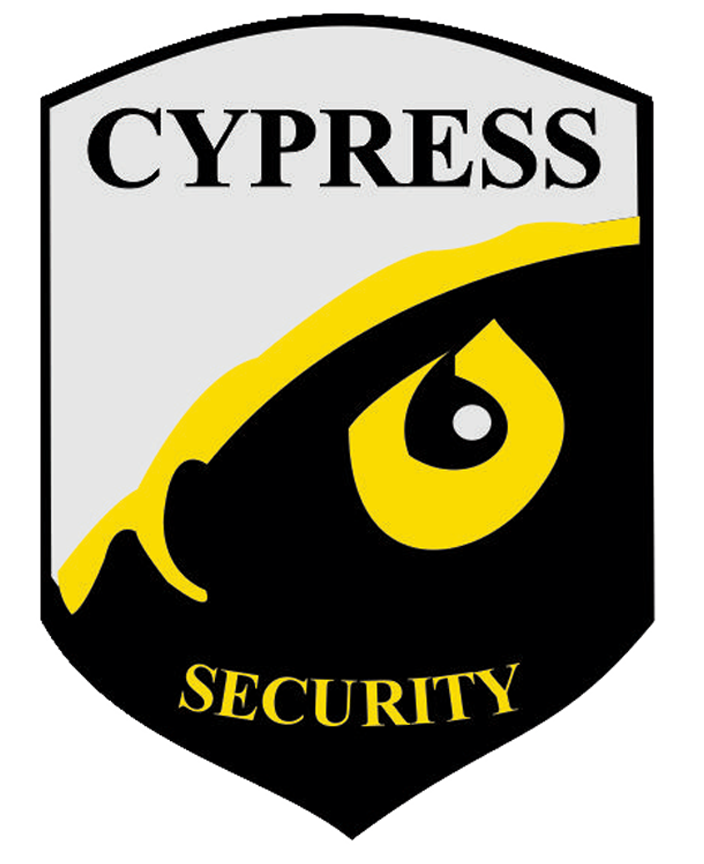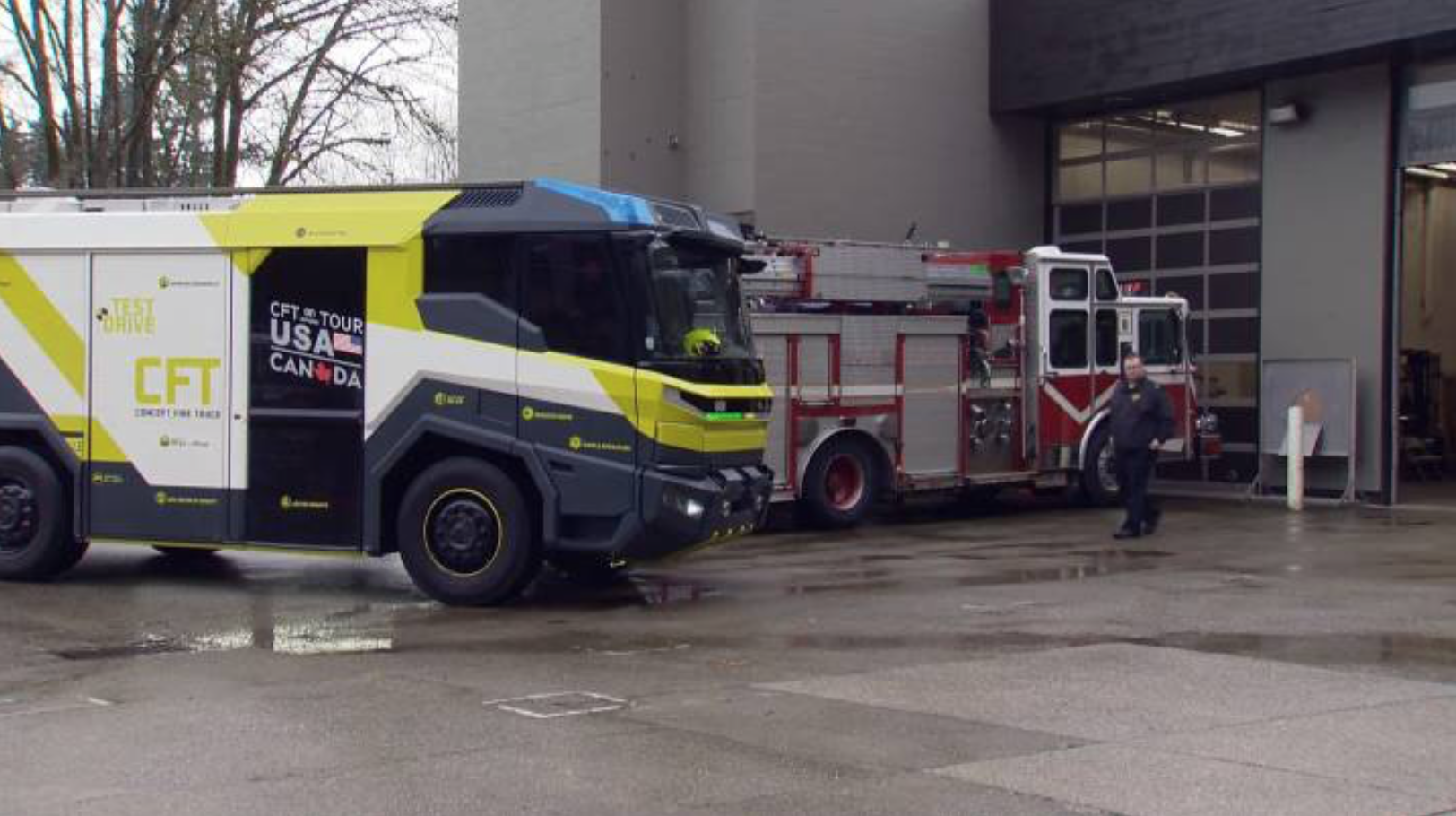Kendra Mansion CTVNewsVancouver.ca producer
Published Wednesday, March 18, 2020 9:09AM PDT
Last Updated Wednesday, March 18, 2020 1:07PM PDT
The Vancouver skyline is pictured in 2019 in this photo from CTV News Vancouver's Gary Barndt.
VANCOUVER -- It is time for the City of Vancouver to declare a state of emergency, Mayor Kennedy Stewart announced Wednesday.
Speaking to media at a news conference Wednesday, he told the media he is concerned.
"These are extraordinary times, and we all need to take fast and extraordinary action," Stewart said.
"I have decided we need to declare a state of emergency in Vancouver."
The mayor said he will take his suggestion to a special virtual council meeting the following day for a vote. He expects the state of emergency will be approved on Thursday during the 10 a.m. meeting.
The city will live stream that meeting on its website for those wishing to watch, and members of the public who want to submit comments can do so online.
CTVNewsVancouver.ca will provide breaking updates online regarding the vote on Thursday morning.
Among the reasons for the state of emergency, Stewart said he was told by police that several smaller restaurants remained open with patrons inside Tuesday despite a public health emergency issued by the province that afternoon.
"This can't go on," he said.
Implementing a state of emergency would give the city more authority in certain situations, including the ability to force restaurants defying the advice of public officials to close.
"Part of these powers will enable us to close all public-serving businesses to assembly service, and remain open only to provide takeout delivery," he said.
He said a state of emergency also gives emergency management teams and first responders more flexibility to deploy resources, and may also be used to address the issue of panic buying if the declaration goes forward.
"It will also allow us to monitor the situation in grocery stores and pharmacies, and to make sure no one is buying more supplies than they need, and allow us to take action to curtail this overbuying if necessary," he said.
Calling the panic buying "unacceptable," Stewart said he's checked and there are no issues with supply in Vancouver. Any empty shelves are due to what he referred to as "hoarding."
In addition to warnings against buying in bulk unnecessarily, all residents are asked to immediately limit the time they spend in public places.
Addressing concerns voiced by advocates of the city's homeless population, a spokesperson said more hand-washing stations have been added in Vancouver's Downtown Eastside.
The city is looking into housing options for anyone who needs to self-isolate but doesn't have the space to do so.
Specific details were not announced, but the city said it is working with Vancouver Coastal Health and BC Housing on a task force to identify key issues, then implement measures based on that.
City manager Sadhu Johnston said the municipal government is aware it's a "difficult and uncertain time" for residents of the city.
"Rest assured our teams are working to maintain essential services all while taking steps to combat COVID-19," Johnston said.
"There may be further closures in the days and weeks to come as we focus on those essential services and protecting all members of our community, including those experiencing homelessness."
The city is particularly concerned with those with underlying health conditions, officials said.
Regarding concerns from residents worried about being able to make their rent while some businesses are shut down, the mayor said the city is hoping for protection for tenants from the provincial level.
Several city-operated services have been closed as a precaution, including park board, library and civic theatre sites. Washrooms in parks are still open and are being serviced, the city said.
"It's fine for people to go outside as long as they maintain physical distance," Stewart said.
Counters are being closed at development and permit centres, but inspections will continue as long as those involved can maintain social distancing.
With files from CTV News Vancouver's Alissa Thibault
Correction: A previous version of this article incorrectly stated that the state of emergency was in effect. The mayor will take his proposal to council on Thursday.
























